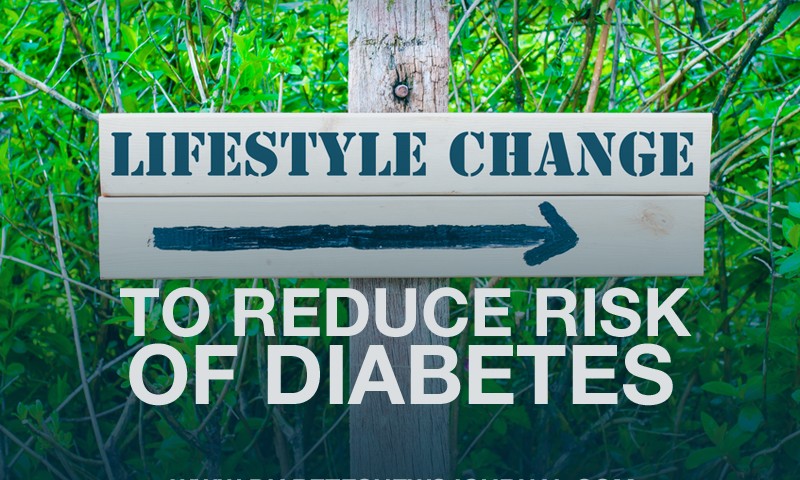A new study in the United Kingdom recently published in The Lancet Diabetes & Endocrinology journal suggests that by reducing the sugar content in sweetened drinks, without replacing it with any other type of sweetener, for five years could prevent the development of 300,000 new cases of type 2 diabetes over two decades.
The study, “Gradual reduction of sugar in soft drinks without substitution as a strategy to reduce overweight, obesity, and type 2 diabetes: a modeling study,” was conducted by Prof. Graham MacGregor’s team at the Queen Mary University of London.
The study was designed based on the extrapolation of the results of reducing salt in the diet of U.K. residents. In the salt reduction experience, the salt content of some products was reduced by 40 percent for over five years. As a result, strokes and heart diseases decreased significantly in the U.K. These results were considered relevant to the authors as they studied the same type of reduction in added sugars.
Data was collected from the National Diet and Nutrition Survey Rolling Programme (NDNS RP) from 2008 until 2012, and the British Soft Drinks Association annual reports. Based on the data, scientists were able to calculate the standard consumption of sugar-sweetened beverages (SSB), their contribution to sugar intake, and the expected reduction in individuals’ body weight and cases of diabetes and obesity, if the added sugar in those drinks was reduced.
The results showed that reducing by 40 percent the addition of free sugars to sugar-sweetened drinks for five years, the number of overweight people would decrease 1 percent and obesity in adults would decrease 2.1 percent. These numbers suggested that around 309,000 fewer cases of type 2 diabetes could be reported within the next two decades if the sugar reduction took place.
Research has shown that the replacement of the calories lost from sugar-sweetened drinks is unlikely, and this reduction in sugar content represents no harm for the soft drinks industry since it does not influence the pricing or revenues of the product.
“The proposed strategy could lead to a profound reduction in energy intake from sugar-sweetened beverages and could therefore lower the prevalence of overweight, obesity, and type 2 diabetes in the long term,” the study’s authors said in a news release,
Dr. Tim Lobstein, director of policy at the World Obesity Federation in London, sees the results of the study as valuable input for policy-makers. “Policies can be developed that have the potential to quickly change behavior and begin to reduce the prevalence of obesity and related diseases,” Lobstein said.


